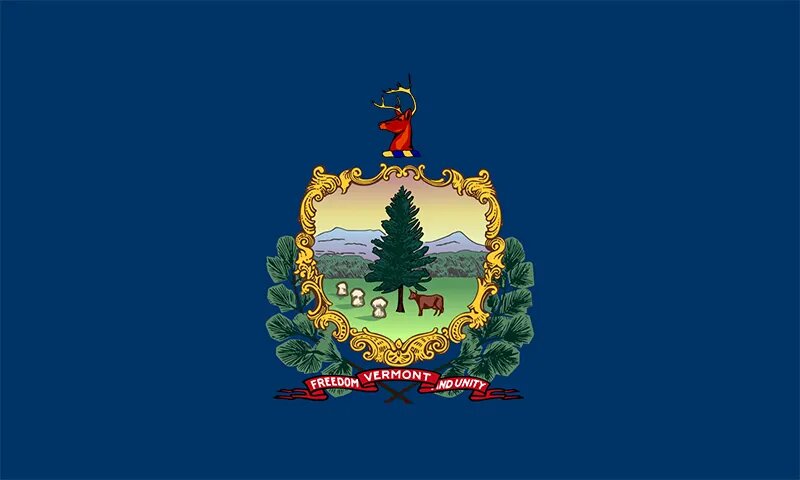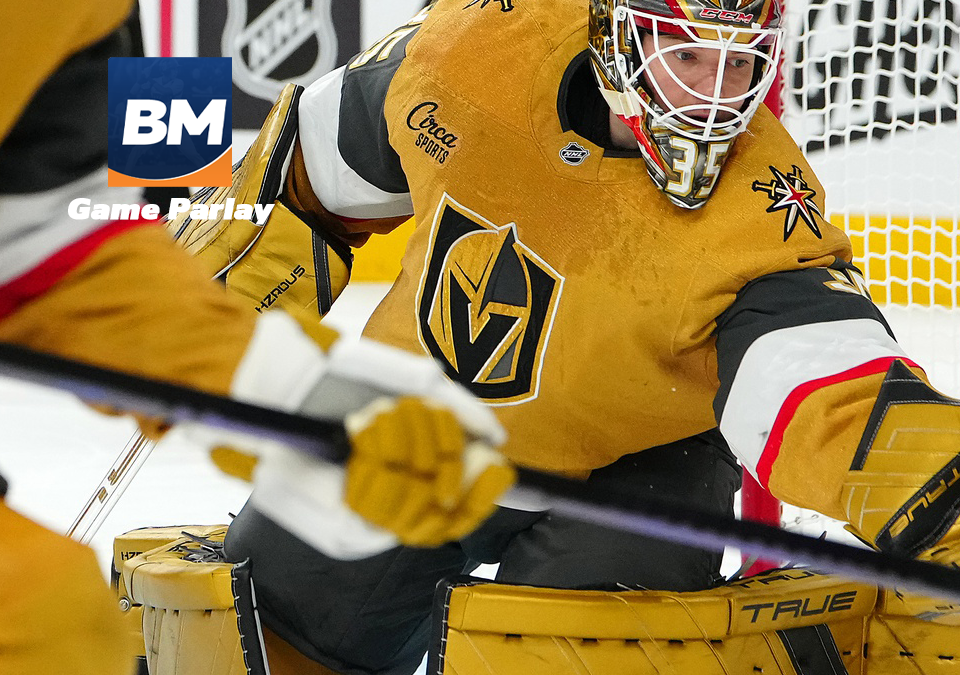
Brazil Sports Betting
May 9, 2023
Wednesday, May 10 MLB Best Bets
May 9, 2023A highly anticipated bill to legalize online sports betting in Vermont received preliminary approval from the Vermont Senate recently, with certain proposed regulations from the House version being changed. The measure would allow up to six businesses to operate what’s known as a “sportsbook” in Vermont. The legislation, H.127, would establish a special fund to store the revenue and fees the state would amass in its capacity as market regulator and put aside a portion of that money for resources and programs aimed at problem gambling.
Experts have warned Vermont lawmakers this session that sports betting, which is legal and available in more than half of the states in the United States, can be more addictive than conventional, in-person gambling and can be particularly alluring to young people.
When introducing H.127 on the Senate floor, Sen. Alison Clarkson, D-Windsor, remarked, “It’s got lots of guardrails.” “Responsible gaming has received a lot of attention.” The House’s provision that Vermont take at least 20% of the adjusted gross revenue that sports betting companies generate in the state each year is maintained in the Senate’s version of H.127. However, it alters the running costs that the state would bill each business.
Each operator would only be subject to a $550,000 fee once every three years under the Senate proposal. The House, on the other hand, suggested charging operators an annual charge that would change depending on how many other businesses were in the market. The fee would range from $550,000 for one operator to $125,000 for six operators.
The Senate Finance Committee, on which Sen. Thomas Chittenden, D-Chittenden Southeast, serves, believes that this change would encourage sportsbook firms to operate in Vermont for longer periods of time. Additionally, Chittenden asserted that charging greater taxes to more businesses might result in an increase in state revenue.
About $2 million in revenue from legal sports betting is what the Joint Fiscal Office of the Legislature forecasts for the 2024 fiscal year. According to Clarkson, that amount is projected to rise to between around $4.5 million and $10.5 million in 2025 before leveling off at $10 million per year moving forward.
Senators also agreed to eliminate language from the House version that would regulate the amount of money sports betting operators may spend on advertising. The House Ways and Means Committee proposed the cap in response to certain members’ worries that Vermont would experience an increase in the number of sports betting commercials, a pattern that has been extensively observed in other jurisdictions.
The law shouldn’t be “very prescriptive,” according to Clarkson and other senators on the Economic Development, Housing and General Affairs Committee, about the agreements the state would establish with sports betting businesses for their advertising plans. She added that senators and state representatives who have researched plans for a legal sports betting market in Vermont told the committee as much.
Wendy Knight, commissioner of the state Department of Liquor and Lottery, which would regulate the market, has expressed confidence in her organization’s ability to establish strict advertising regulations without the imposition of a monetary ceiling by legislators.
Sen. Andrew Perchlik, D/P-Washington, stated on the Senate floor, “Hopefully we can establish a robust strategy that does safeguard Vermonters, especially those in the 18-to-21 age group that would be susceptible.” H.127 would restrict sports betting corporations to “limit” advertising to persons under the age of 21 (who would be, at the very least legally, prohibited from using wagering platforms) and forbid the firms from focusing their advertising on college campuses.
The Senate Judiciary Committee added another amendment to the bill that doubles the sanctions the state would impose on any business or group that conducts unlicensed sports betting within the state. According to the text of the change, the fines would now be $50,000 for a first transgression, $150,000 for a second offense, and $300,000 for all subsequent infractions. The legislation also allows state regulators access to more resources for conducting background checks on the people and firms intending to run sports betting platforms here.
H.127 must still receive the Senate’s final approval before going back to the House for review. If the bill is passed into law, lawmakers anticipate that a legal sports betting market will be operational by January 2024.




